
Joining the World Wide Web Consortium
We’re excited to announce that we’re becoming a member of the W3C, the main international standards organization for the World Wide Web. Founded by Tim Berners-Lee in 1994, W3C works with hundreds of organizations to ensure that the web’s basic building blocks—like HTML or CSS—remain consistent across browsers, platforms, and more. You can learn more….
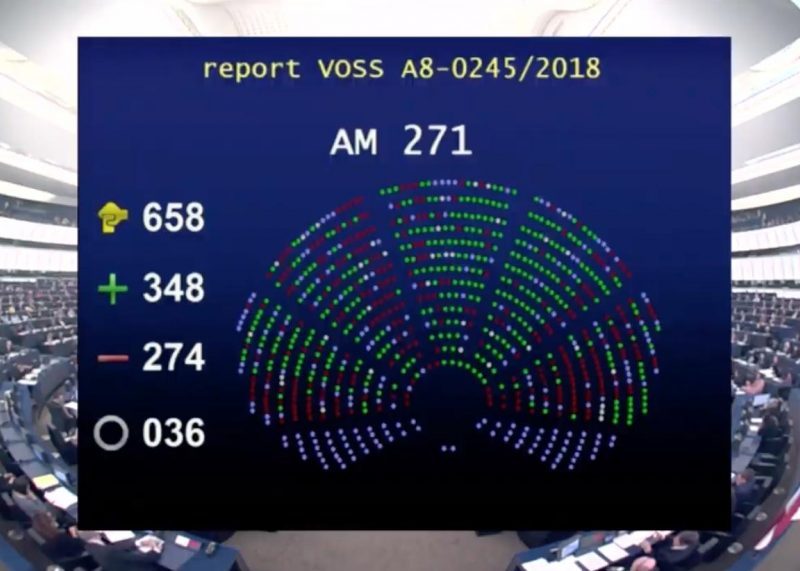
European Parliament limits internet freedom in controversial copyright vote
Today, the European Parliament voted 348–274 to pass a new copyright directive that includes problematic rules that will harm free knowledge. They did so after years of discussions, revisions, and more recently street protests. We believe that this is a disappointing outcome, the impacts of which will certainly be felt for years to come. As….
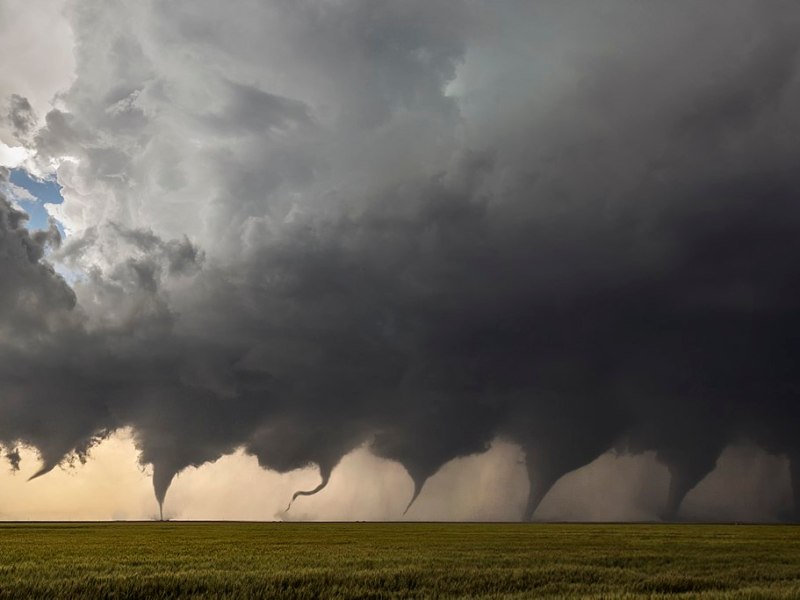
A picture of the year so unbelievable, it has its own Snopes entry
Wikimedia Commons, the repository for educational media content that hosts most of the images used on Wikipedia, has announced its photo of the year.* Nearly 3,500 people chose between 57 images in the final round of the competition. Jason Weingart’s Evolution—a composite timelapse showing the development and frightening expansion of a tornado—took the top prize.….
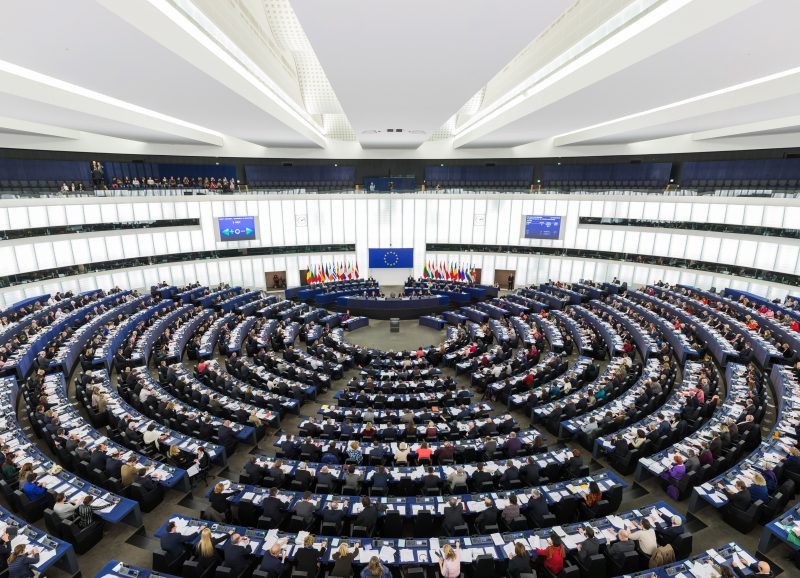
Four Wikipedias to ‘black out’ over EU Copyright Directive
Update, 25 March: The Italian, Galician, Asturian, and Catalan Wikipedias have blacked themselves out today to protest the EU Copyright Directive. Other language versions of Wikipedia have chosen to show site banners above their content. Wikipedia’s volunteer editing communities make decisions like this independently. More on that, and our unaltered original post, is below. •….
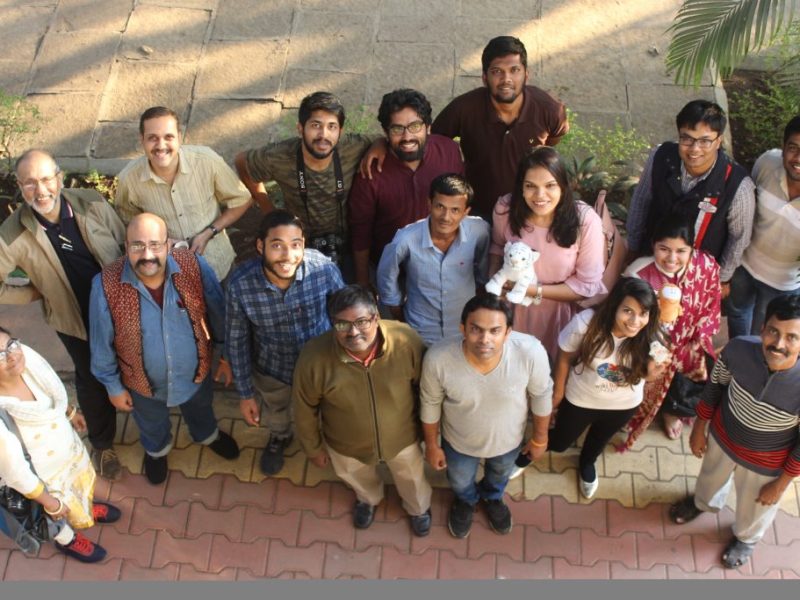
India’s Wikimedia communities adapt the Wikipedia Library to their own contexts
Wikipedia’s article on the culture of India notes that the country contains “thousands of distinct and unique … languages, religion [and] customs [that] differ from place to place within the country.” To bring the vast knowledge of these many differing cultures to the world requires volunteers who both understand individual languages, religions and cultures of….
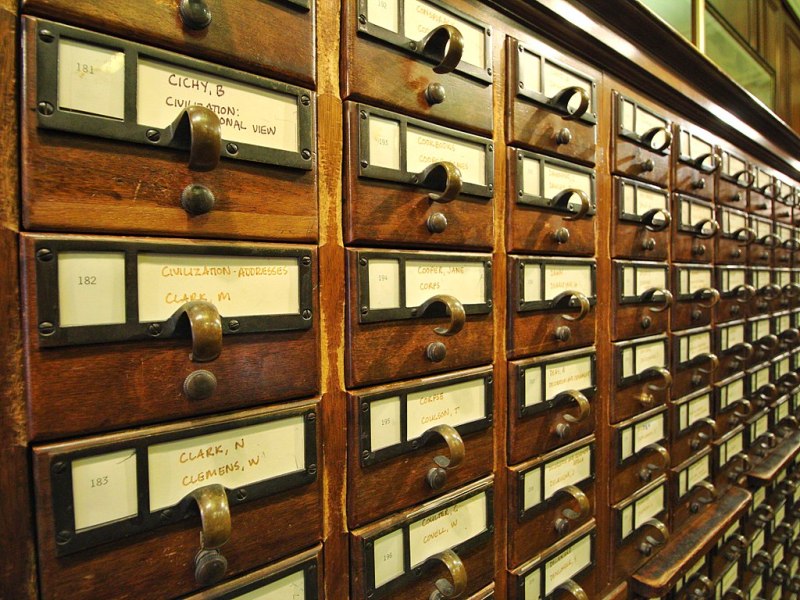
The anatomy of search: A place for my stuff
A galloping overview As we have done before, let’s get a bird’s-eye view of the parts of the search process: text comes in and gets processed and stored in a database (called an index); a user submits a query; documents that match the query are retrieved from the index, ranked based on how well they….
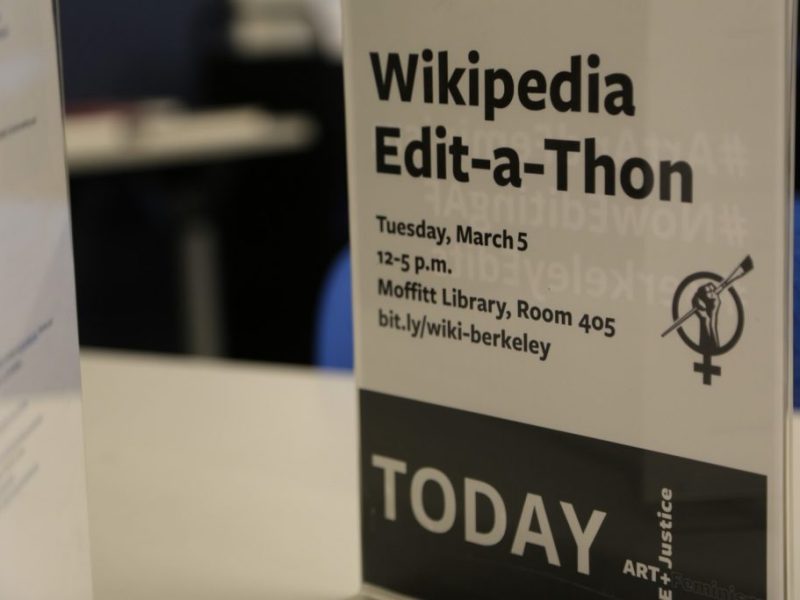
Making the invisible seen: Berkeley event connects artists and academia to improve representation on Wikipedia
Filipina American artist Dorothy Santos knows what it feels like to be a minority in your field. She said, “I thought, ‘there’s no one who looks like me in this industry!’ ” She reached out to Jennifer Wofford, co-founder of the San Francisco Bay Area-based artist collaborative Mail Order Brides/M.O.B., and years later contributed to….
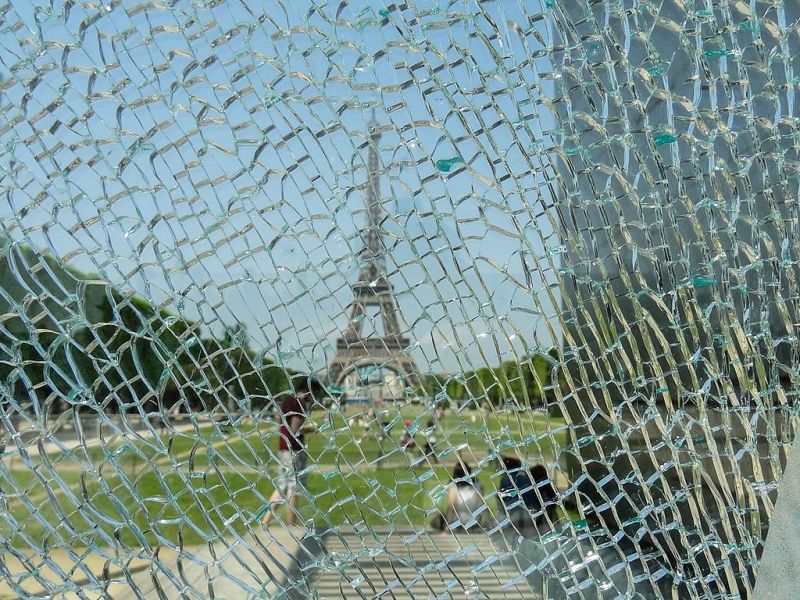
We do not support the EU Copyright Directive in its current form. Here’s why you shouldn’t either.
After a long legislative process, the final text of the EU Copyright Directive was cemented last week as trilogue negotiations between the EU Commision, Parliament, and Council came to a close. Now that the final text has been made available, with only a yes-no vote in Parliament standing in the way of its implementation, Wikimedia….
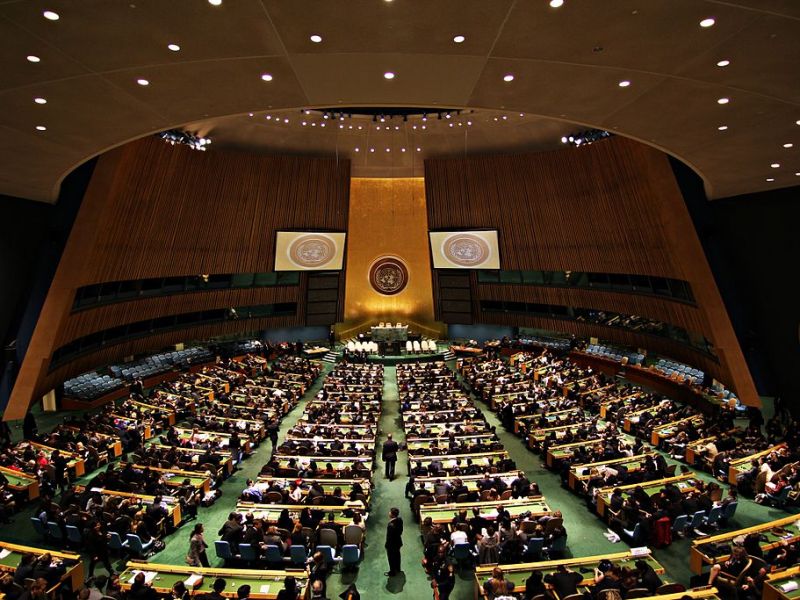
A theme for Wikimania 2019: Wikimedia and advancing the Sustainable Development Goals
Wikimania 2019 will take place on 14–18 August at Stockholm University. Hosted by Wikimedia Sweden, the conference will bring together leaders within free knowledge spaces across the world for five days of pioneering discussions on the role of Wikimedia and free knowledge in fulfilling the Sustainable Development Goals (SDGs) outlined by the United Nations in….
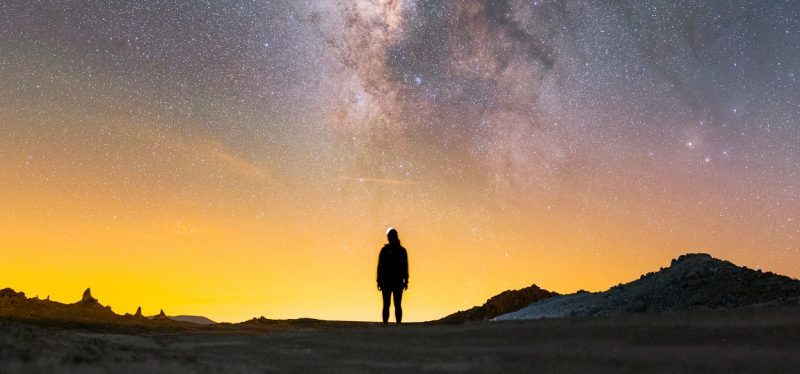
Leading with Wikipedia: A brand proposal for 2030
A few months ago, people across the world were asked “What is Wikimedia?” Almost no one answered correctly. But while “Wikimedia” may not be widely recognized outside our movement, there is a clear way to use our existing brands to better bring in the billions of people who have yet to join us in our….
Help us unlock the world’s knowledge.
As a nonprofit, Wikipedia and our related free knowledge projects are powered primarily through donations.
Donate now